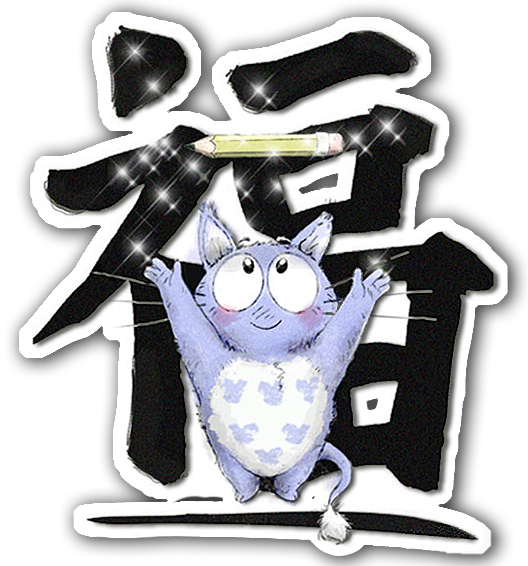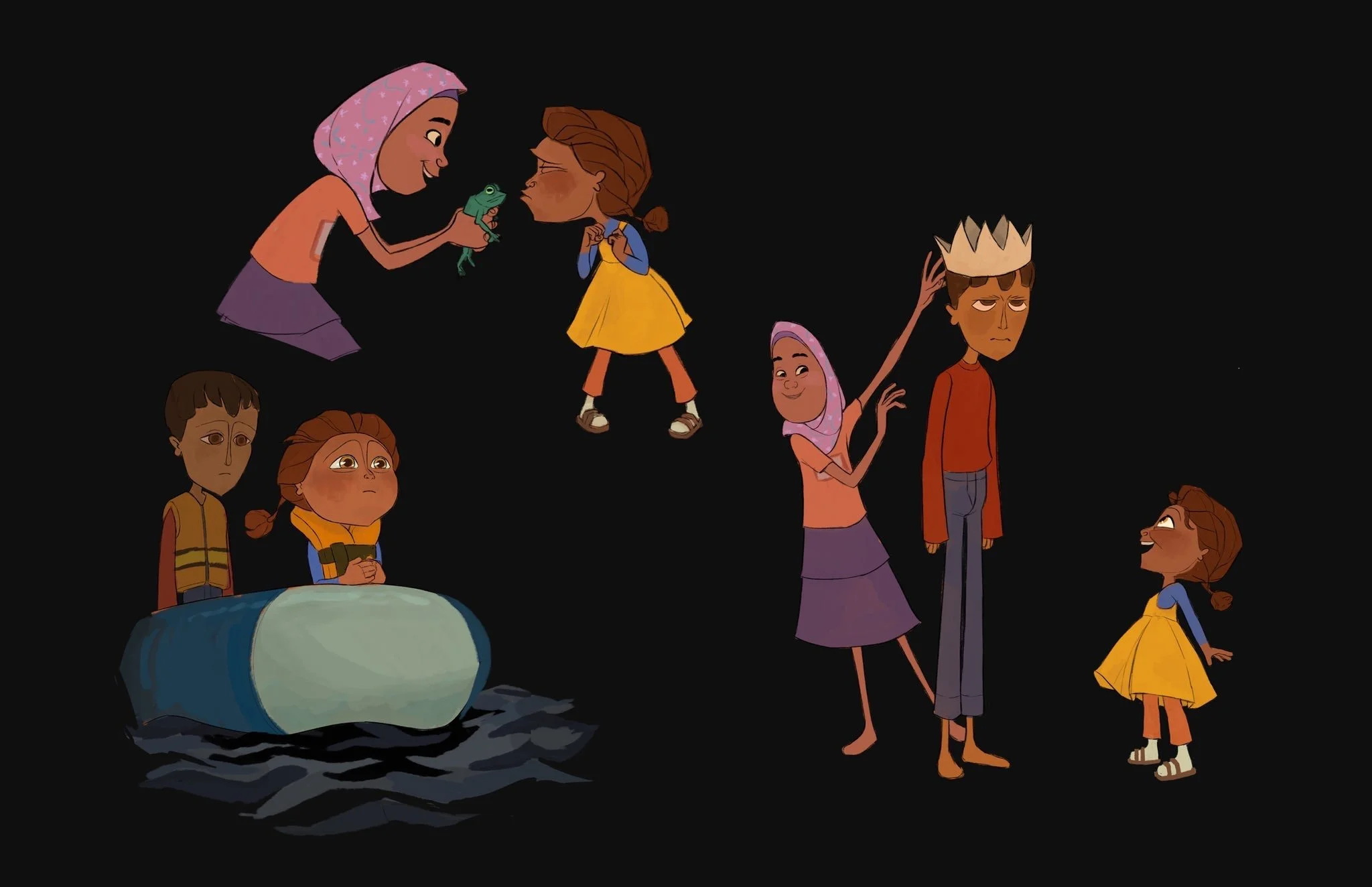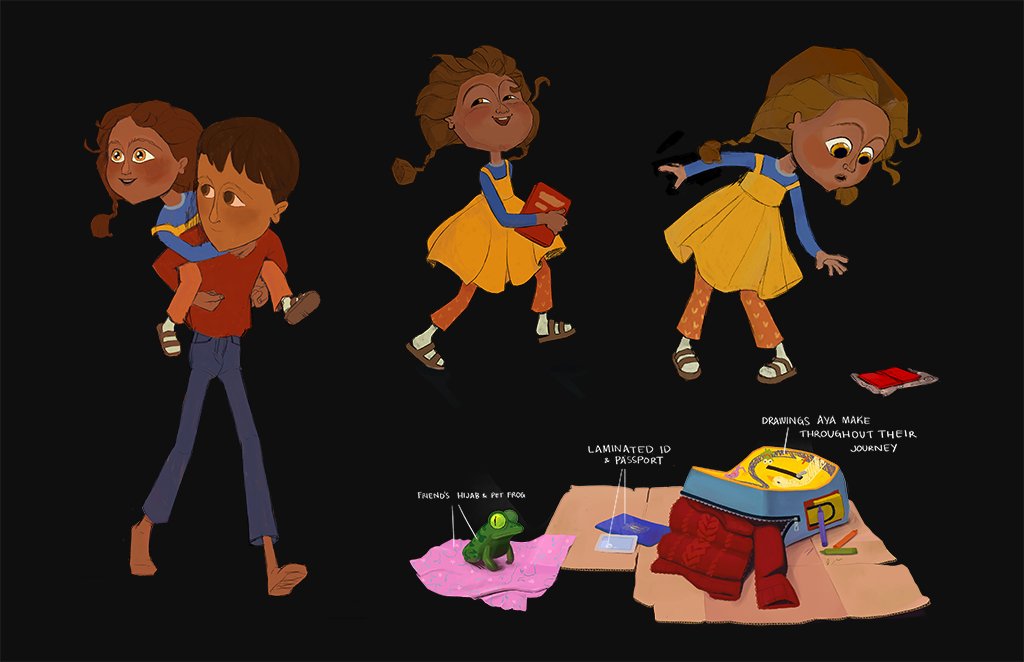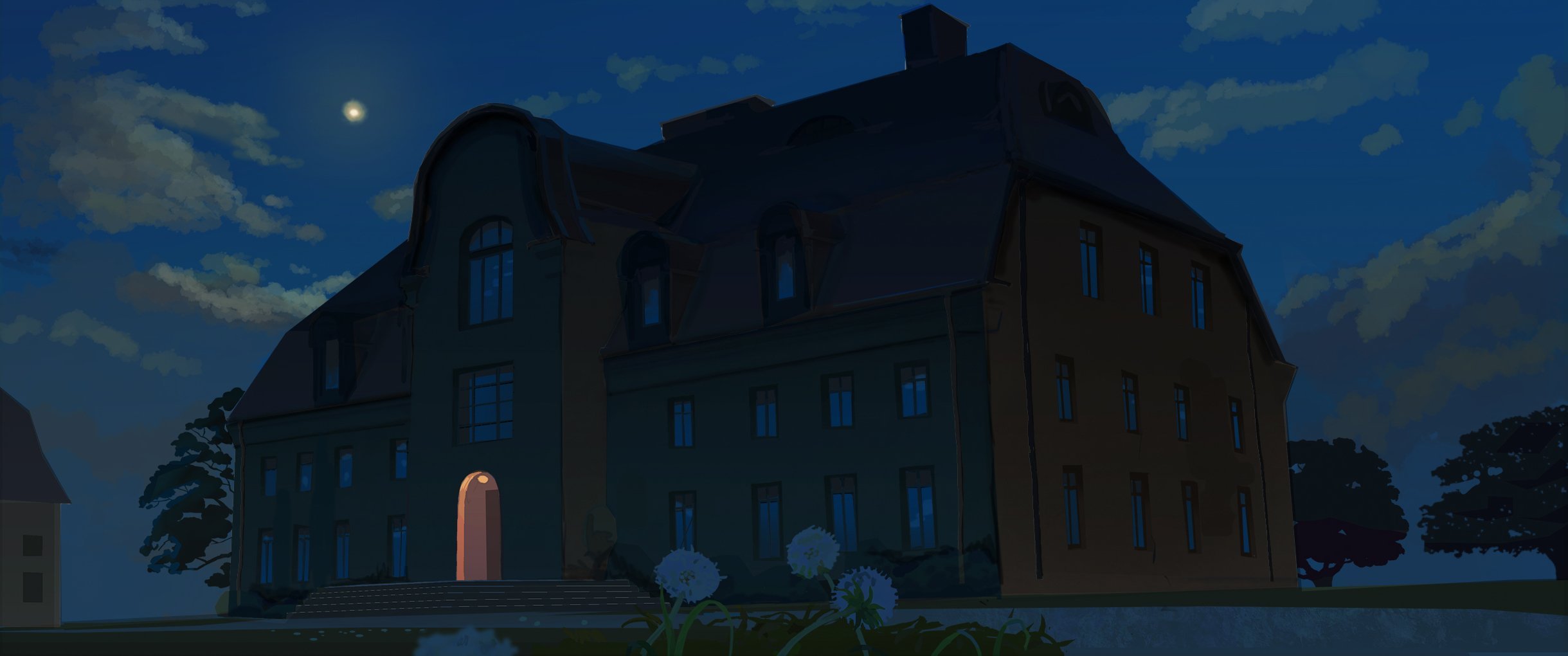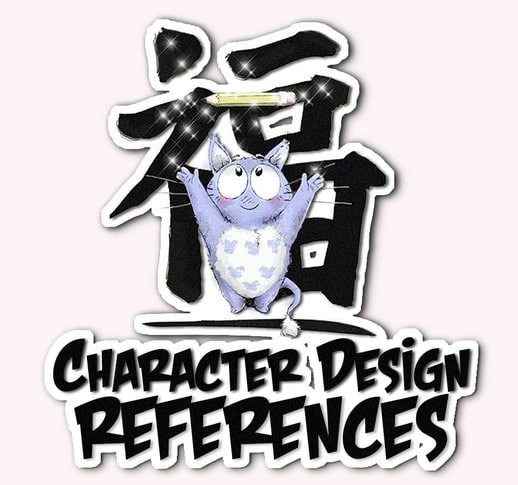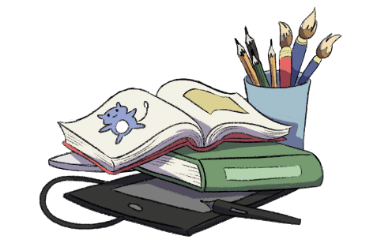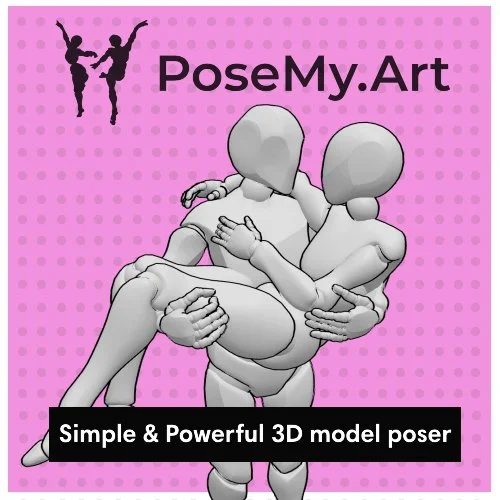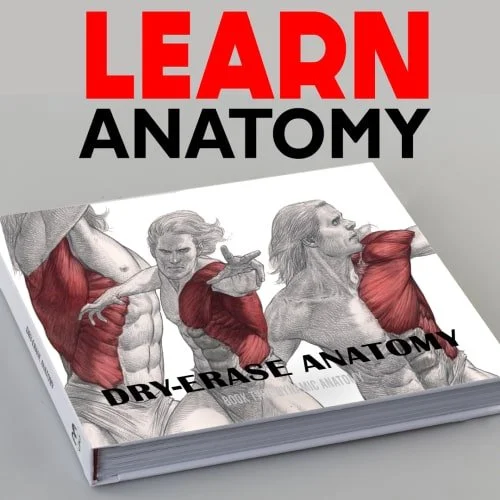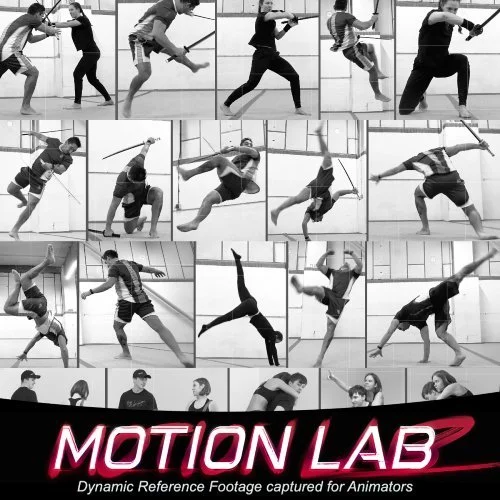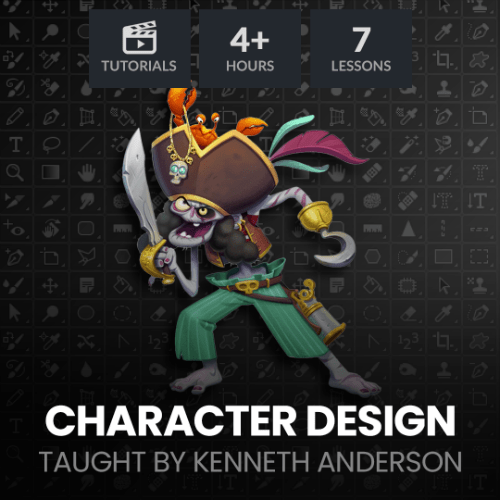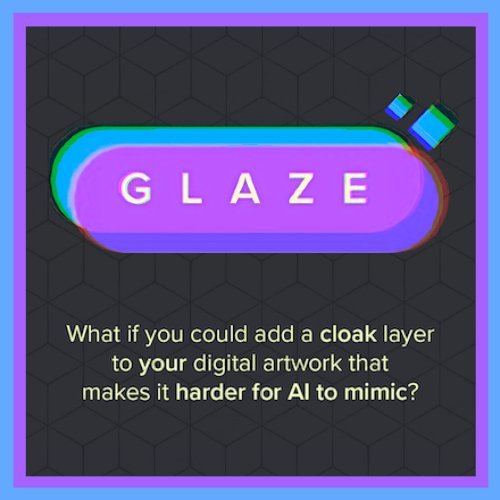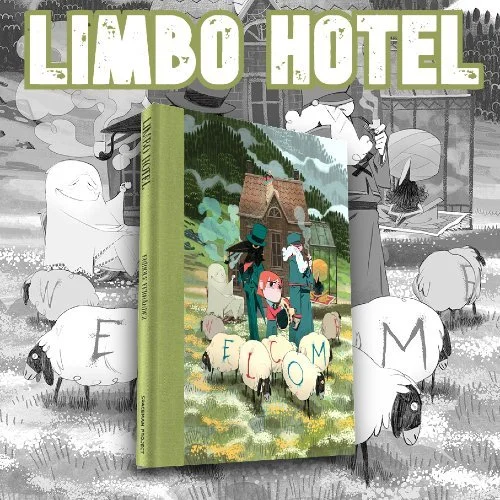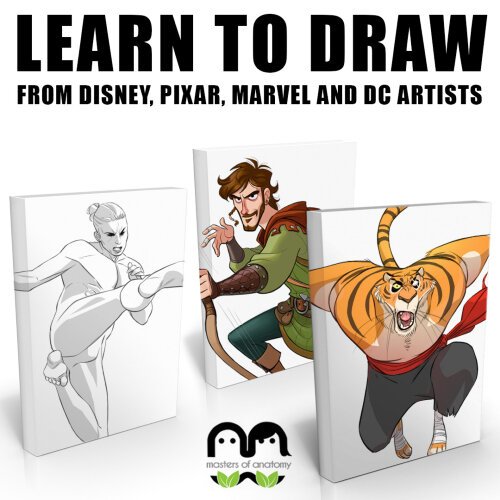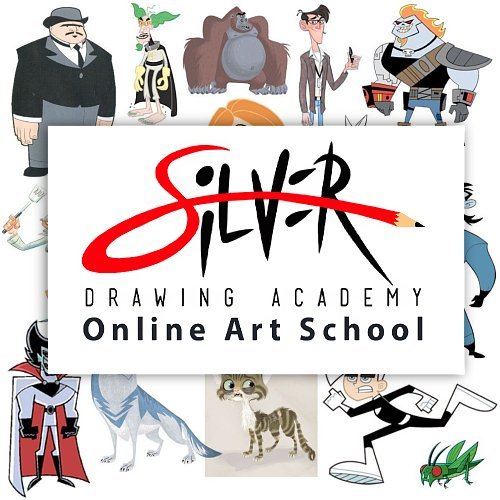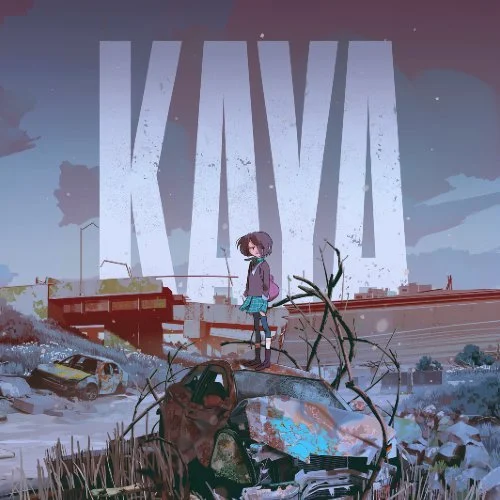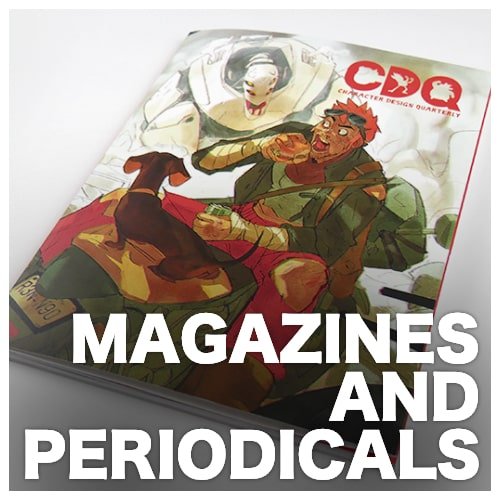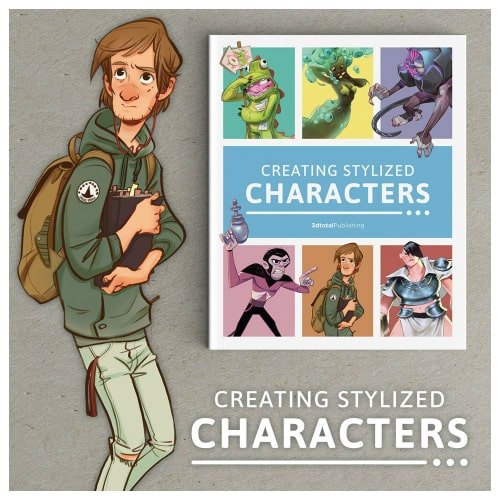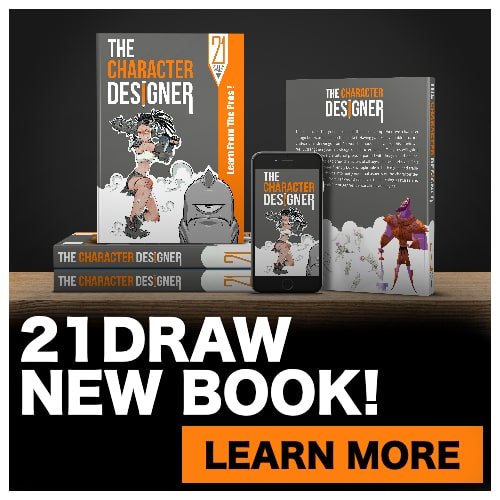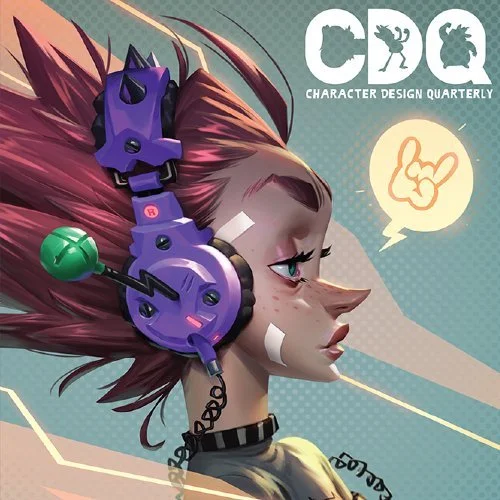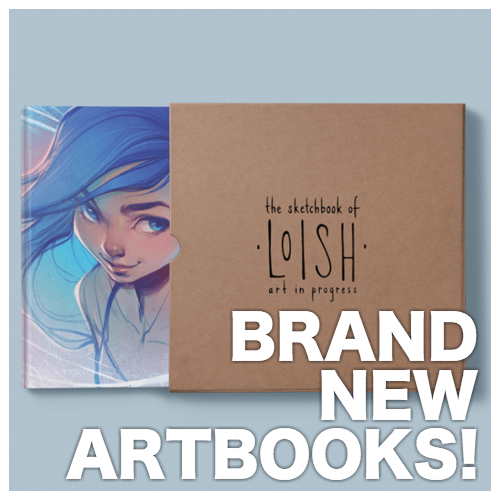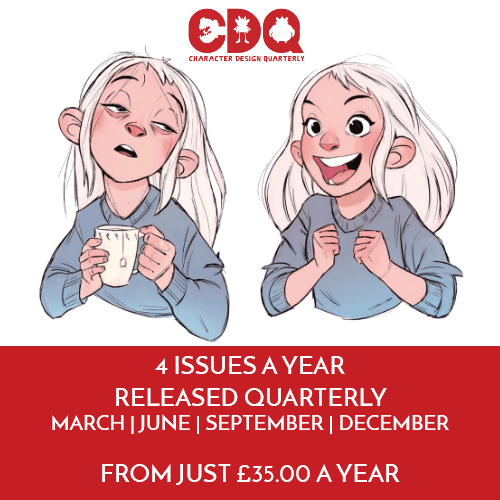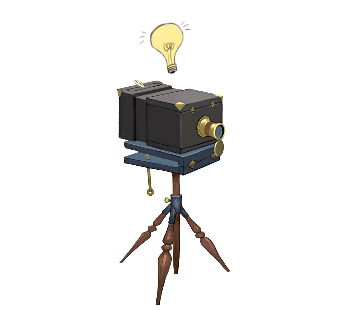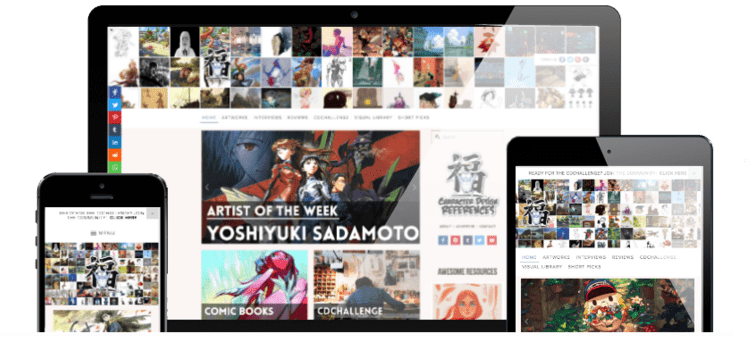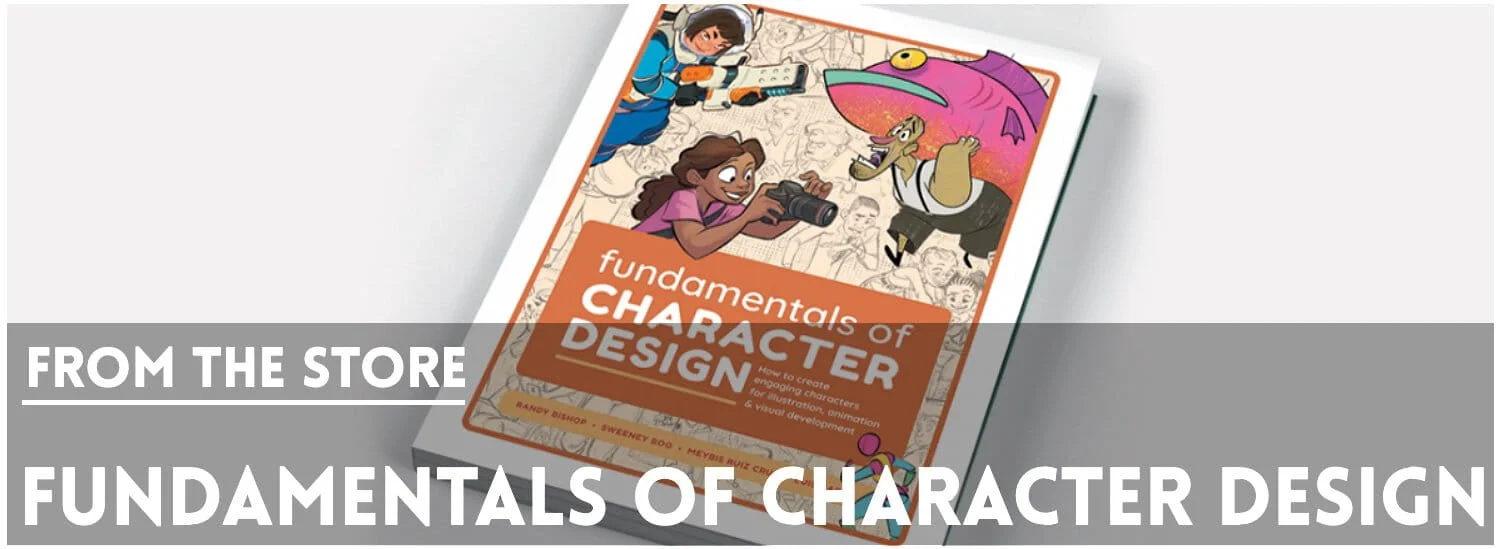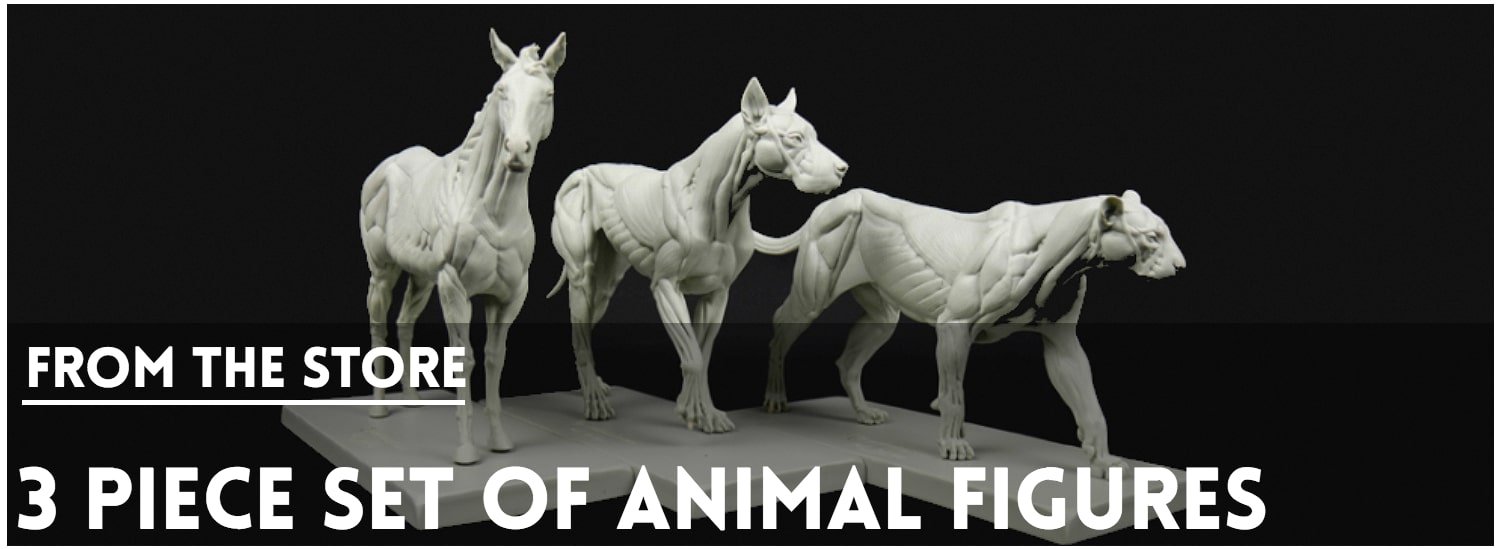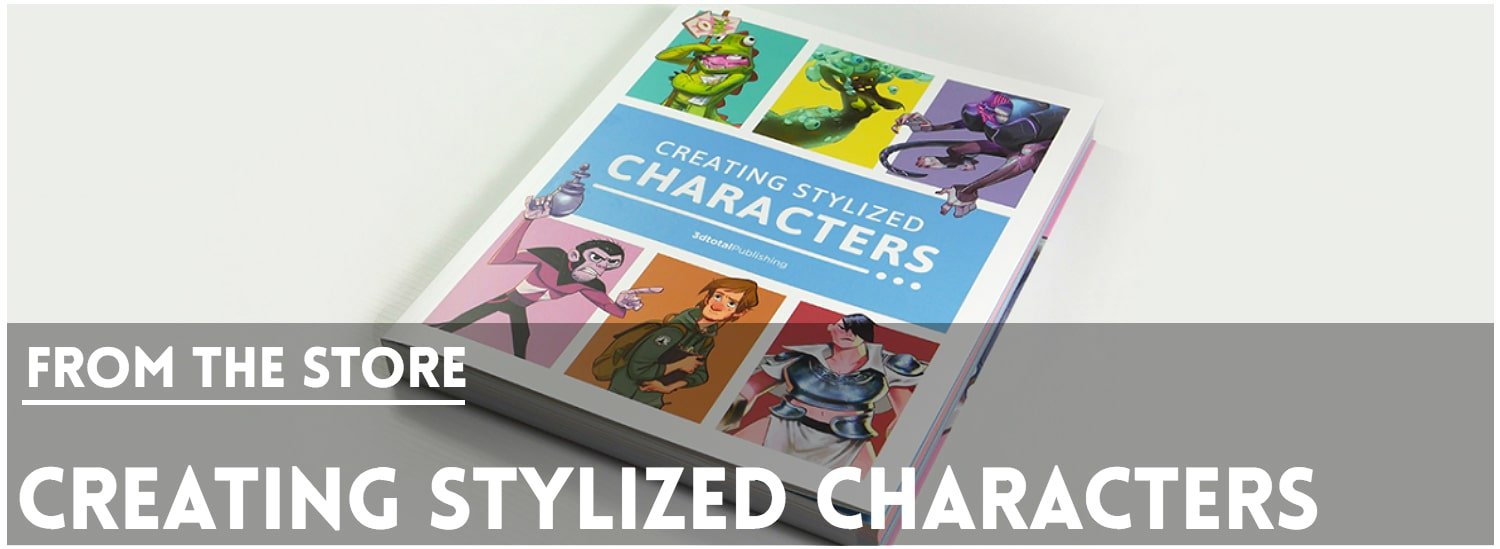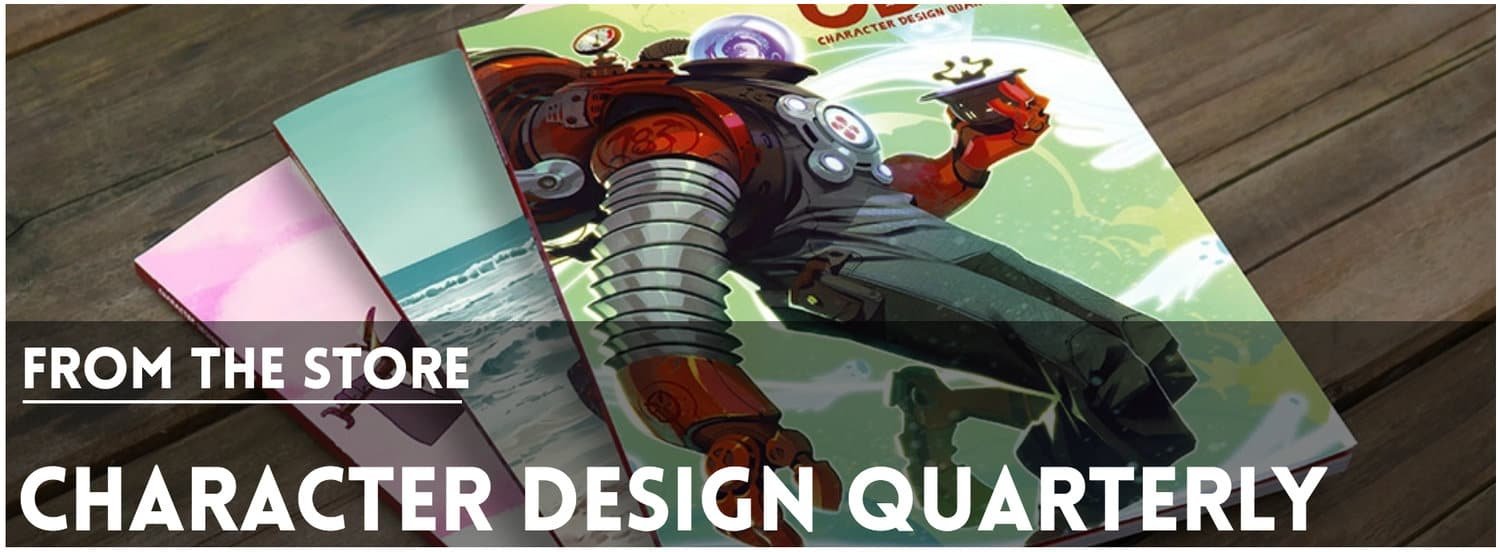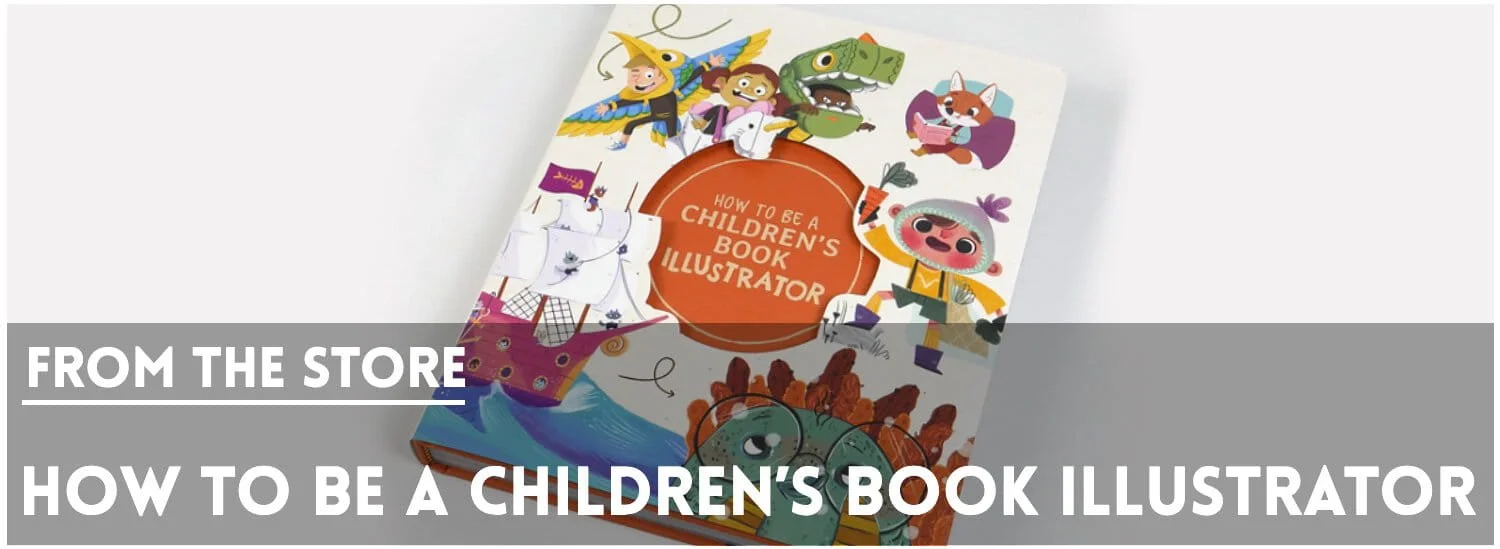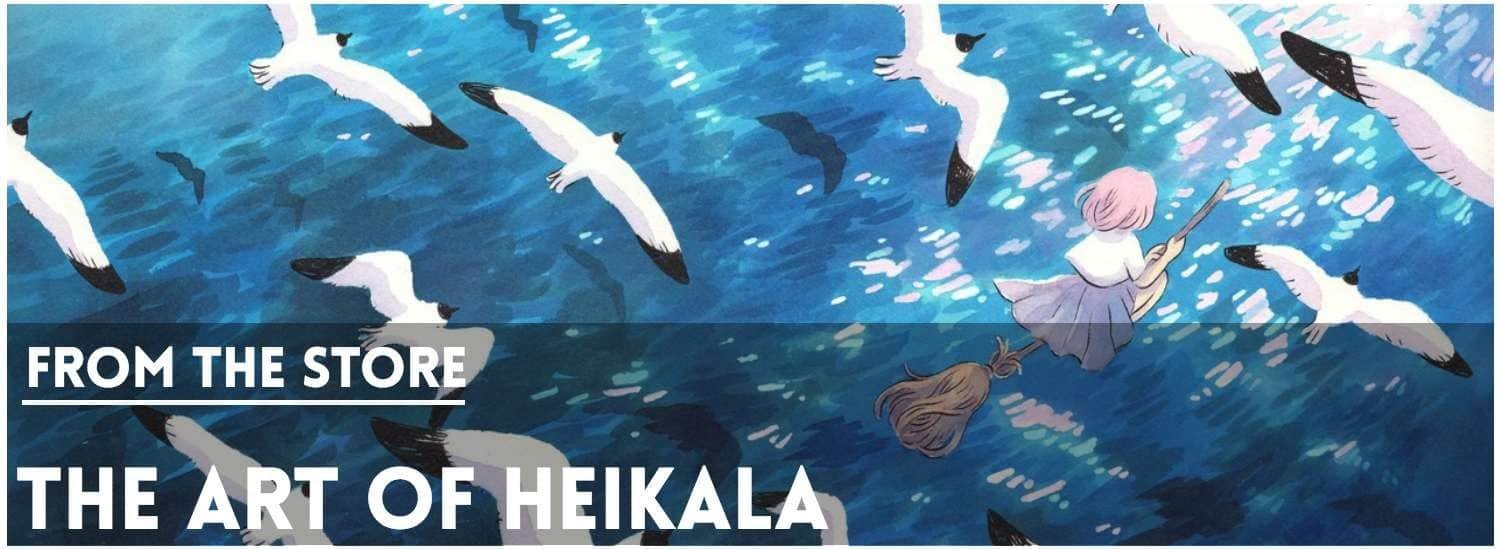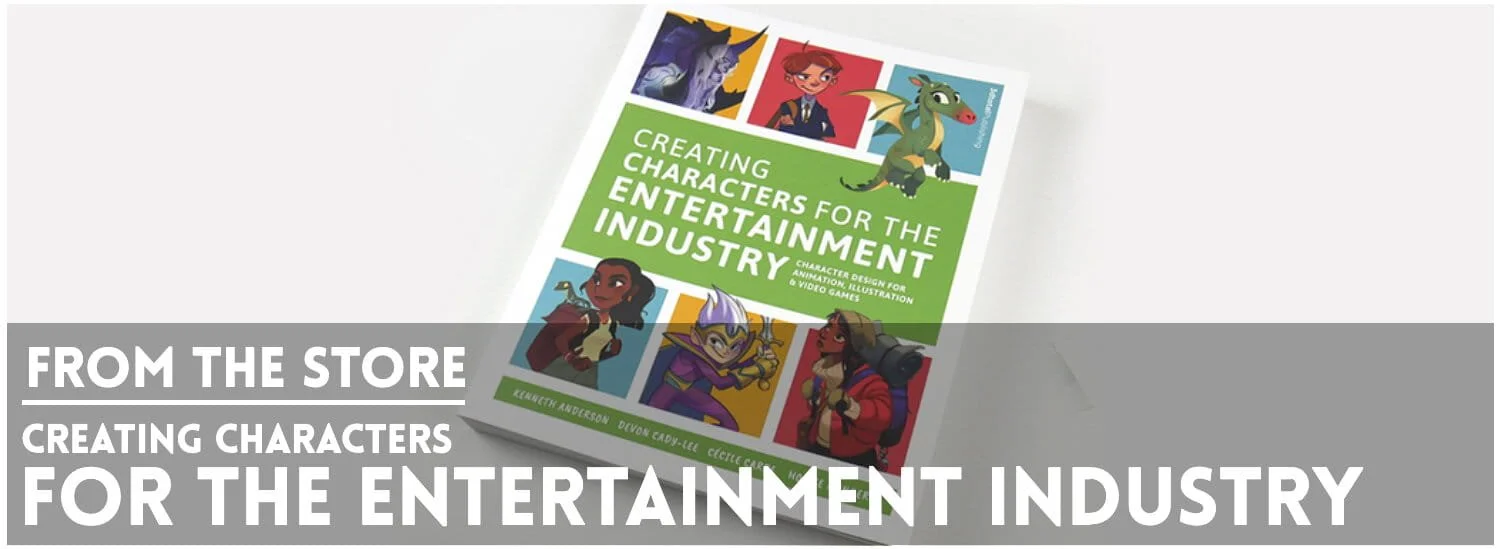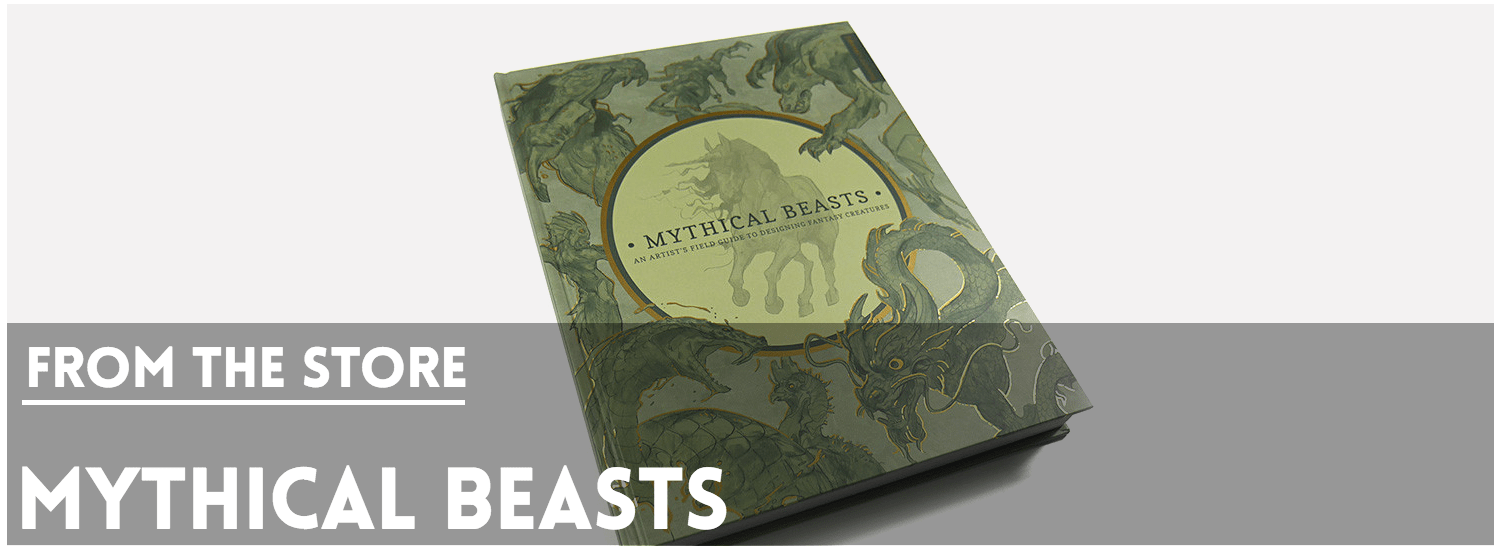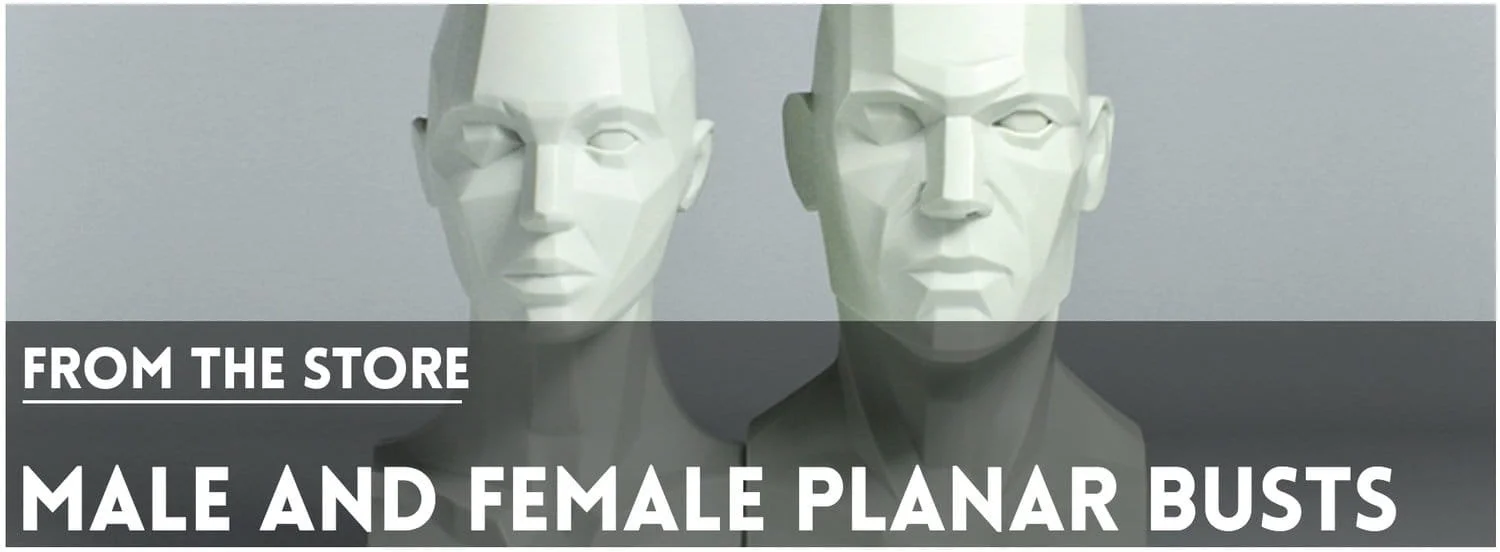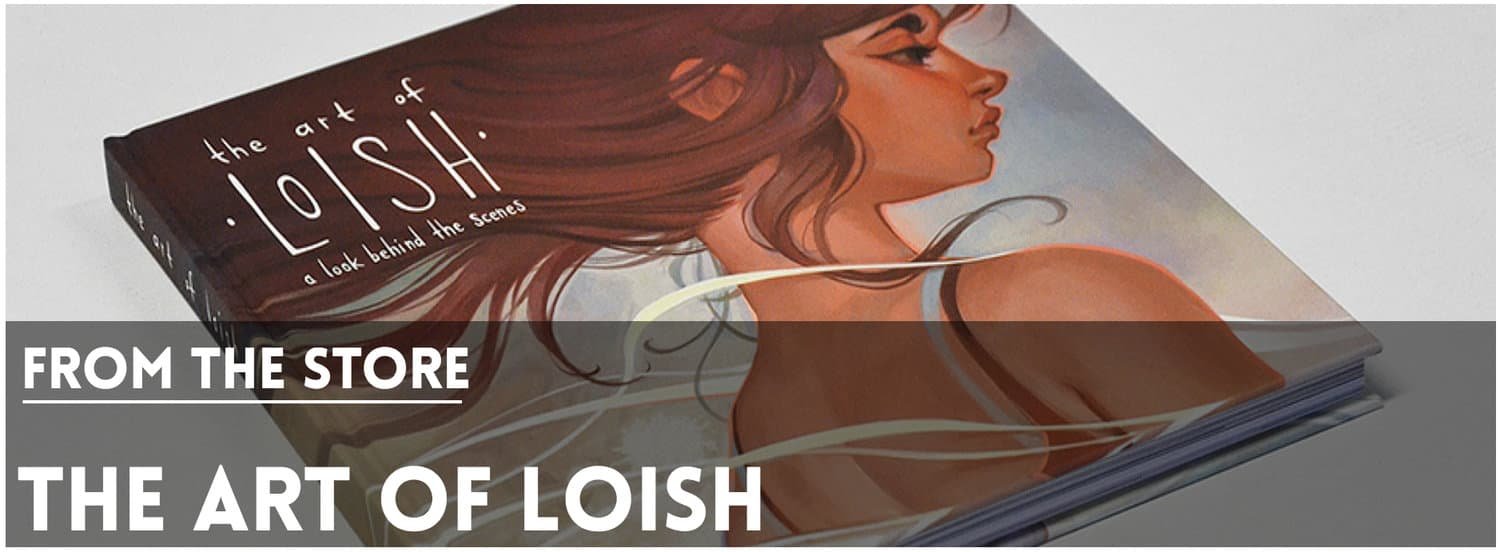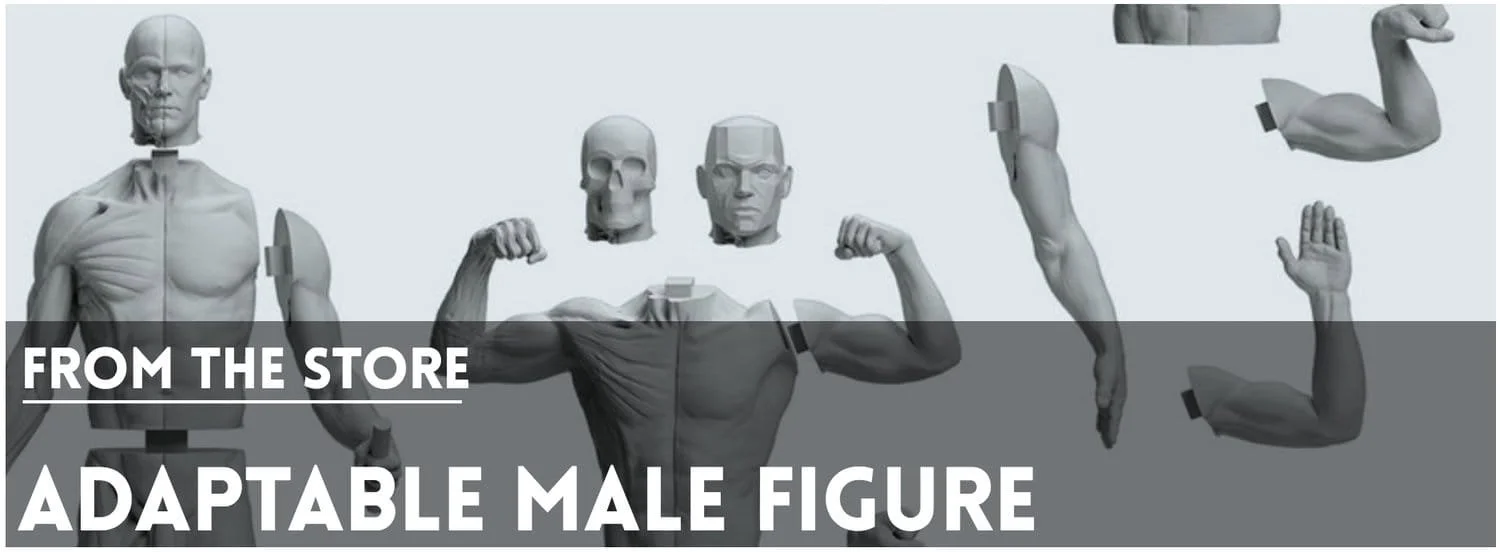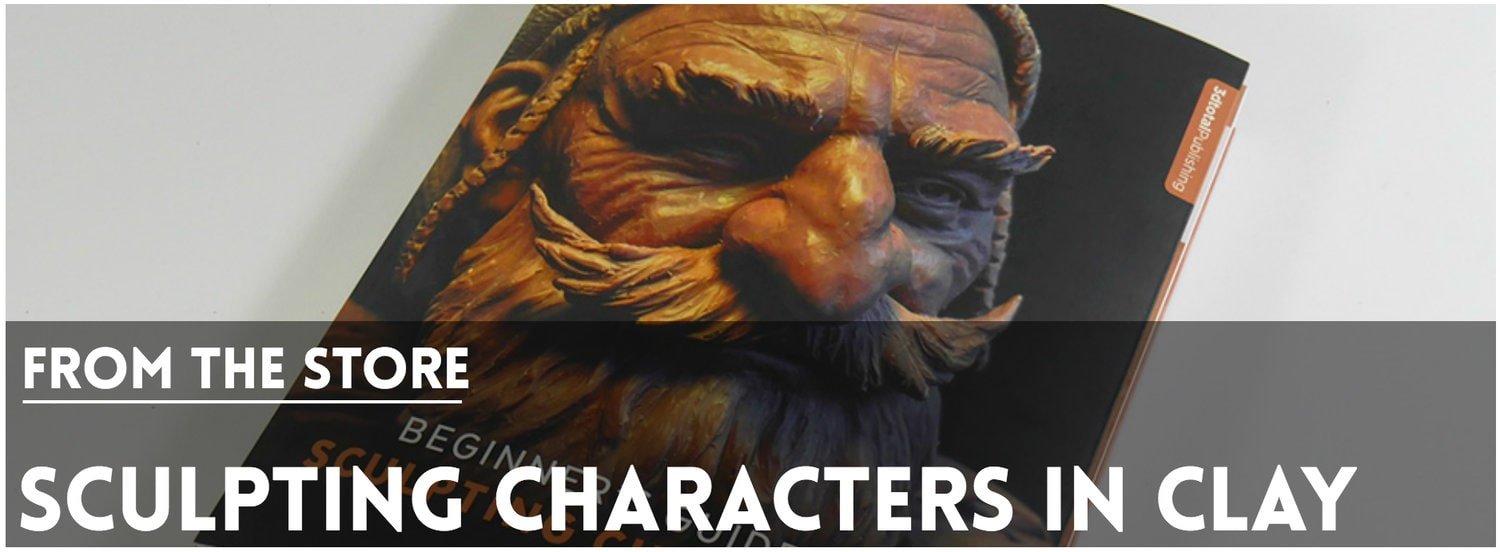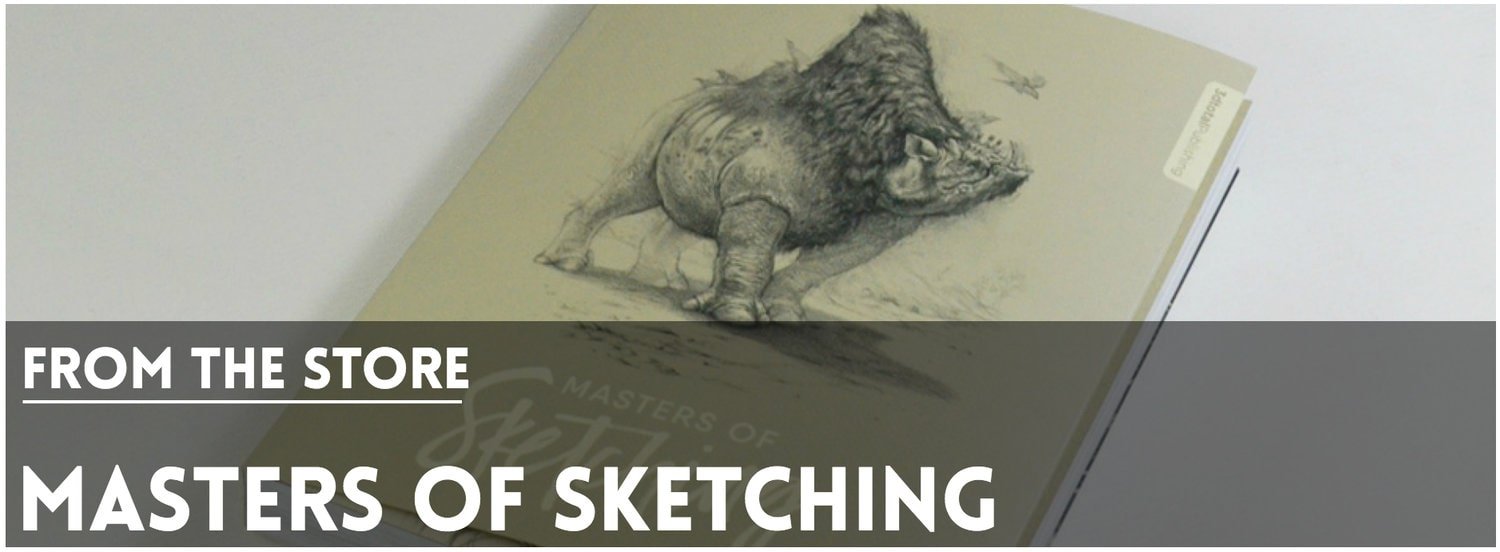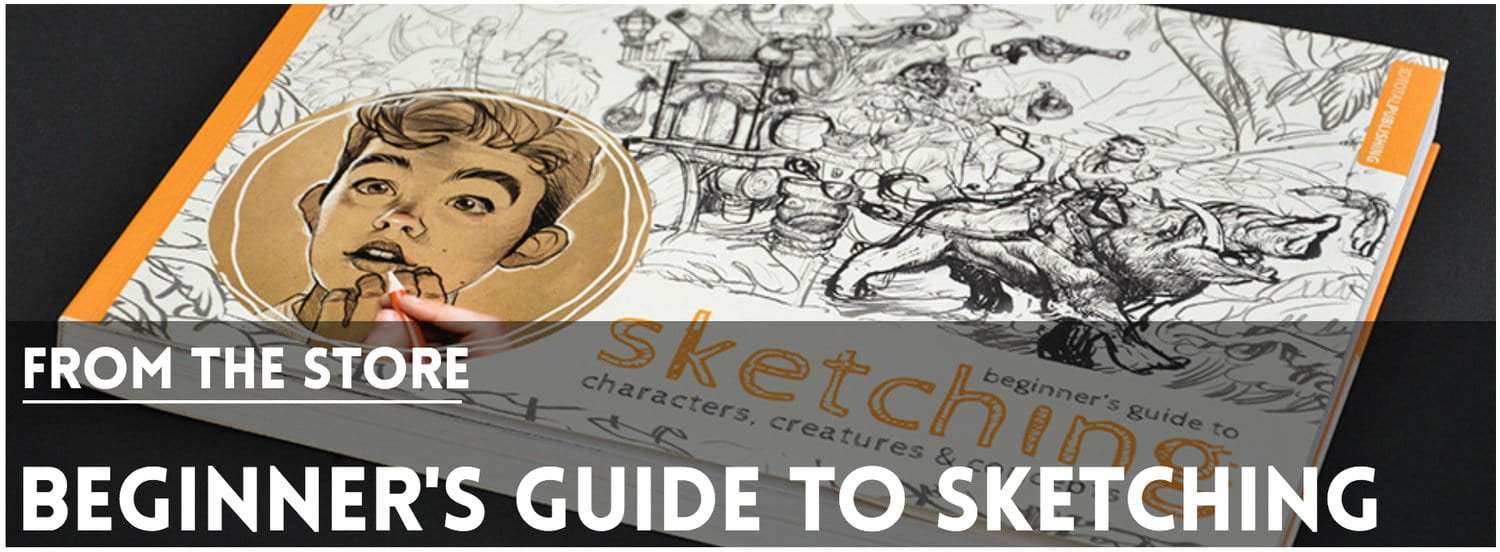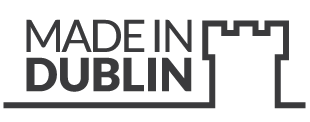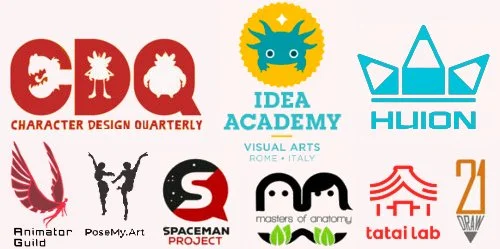Rebecka Petersson
/Thank you for accepting our invitation, Rebecka. Where did you grow up? At what age did you start thinking about pursuing an artistic career?
Thank you for having me! I am a big fan and am honored to take part. I grew up in Jönköping, Sweden. I was fortunate to know what I wanted to do from a very young age. Growing up, I was not allowed to watch many animated films (such as my favorite film at the time, The Little Mermaid), but as most of us know, what we can’t have we tend to desire even more. I was 11 years old when I was first introduced to animation being a possible career. Back then, my art teacher showed me a brochure about this medium, and it was as if I was hit by lightning, I knew right away that it was what I wanted to do!
Did you go to an art school or are you self-taught? How did you develop your skills?
Because I was so young when I figured out that I wanted to work in animation, I ended up joining a high school where I majored in art. At that time, I would also convince the local college teacher to let me join their figure drawing class once a week. Finally, in 2015 I moved to San Francisco to study 3D Animation (whilst also taking Visual Development courses). While taking the classes at university, I also took online courses via Schoolism, and spent all my free time drawing in the Cintiq labs at school.
Have you always been supported in your artistic path or has it been challenging to let your family and friends understand your choice?
I had the luck of growing up with parents who always supported my artistic ambitions. I was highly impressionable as a child, so I’m not sure I would have been able to have followed my dreams with such conviction if I had sensed even the slightest doubt from my parents. I am forever grateful to them for only wanting me to do what makes me happy, and for not pushing their fears and doubts onto me. No parent is perfect, but in this matter, my parents are as close to perfection as one could get, and I have reaped the rewards for it.
What was the strongest influence you had when you were growing up ( artists, movies, cartoons, comics, etc.. )?
I spent every weekend rewatching all the old classic Disney films such as The Little Mermaid, Beauty and the Beast, Mulan, etc. They ended up meaning a lot to me since I would often find myself feeling quite alone. But these films made me laugh, and cry, because of the way I could see myself and relate to the main characters. This is one of the many reasons why I knew I wanted to work in animation. I wanted to contribute to the creation of these films so that the next girl who felt as I did wouldn't have to rewatch The Little Mermaid for the seventh time in the same weekend.
Did you have a favorite subject to draw when you were a child and do you still have one today? If you do, what makes it so special?
For many years I only drew characters, and I was 100% sure that I wanted to become a character designer. But this has shifted in time, and nowadays my appreciation for the beauty of nature and architecture has taken its place. But this is not a change of heart, character design and set design have a lot in common, in my view. In both cases, it’s about bringing out character and personality, as well as pushing forms and thinking about design principles and ways to make something visually appealing.
From the initial client idea to the final work: What goes through your mind and what is the method you use when starting a project? Could you describe it?
It very much depends on what it is I am specifically working on. Roughly, I will start with research, tons and tons of research to get my imagination going and to feel that I have a fairly good sense of where I want to go with it. After that, I usually do rough sketches of ideas, some of which I will polish up and show to my art director. After that, I usually go into 3D to do a quick model of a piece, to figure out scale and placement. Usually, at that point, I will show my art director my work in progress to get any additional feedback before I finish the piece and finally show it to the director.
What part of the creation process is the most fun and easy and what part is the hardest?
Again, it really depends on what I am making, but generically speaking I always find the research part the most exciting, and so I end up spending a lot of time (sometimes too much time!) doing so, but I also love the process of figuring out how to show the characters’ personalities in each set. On the other hand, what is perhaps the most tedious part of my work is rendering. At that point, there is not much left to explore, and I therefore often find myself losing enthusiasm, but sometimes the opposite is true, as this step is also one of the most relaxing ones.
What is a typical day for you, and who are the people you work, collaborate, or share your creative time with?
Nowadays, I work from Sweden as I am in the midst of applying for a new Visa, and my days look quite different from when I lived in San Francisco. Naturally, being back in Sweden for a while, there’s a lot of “fika” (a coffee break with friends) in-between work, and very few meetings during the day since I work different hours than the rest of my team who are mostly located in LA. When I was working from my home in San Francisco, I would start at 9 AM until around 11 AM when I would go out for a coffee and do my personal writing while having lunch. After that, I work for two hours and then take a break, with a change of environment (I often try to get a breath of fresh air) before getting back to work until 6 PM. Once a day, or every other day, we have meetings with the Art Director when we go over our work, and at certain studios, we will also have a director's review meeting twice a week. Depending on the team, I tend to talk to my teammates quite a bit throughout the day. Even during lockdown, we would have "teatime" some mornings at 11 AM where some of us would get on a 15-40 minutes Zoom call and talk about art, and various other interesting topics. Obviously, because of the time difference now between Sweden and California, there is a lot less of that.
What are some of the things you have learned from other artists with whom you have worked, or whose work you have seen?
When I started my first professional job, I was fortunate enough to work with some amazing and talented artists, and I learned a lot from them. They would show work that was rough and loose, some of which they stated were not where they wanted to be, yet. But they showed it nevertheless because they understood that what we do is not only about creating beautiful art that needs to be perfect at every stage, but also about helping tell a story, and about coming up with solutions and ideas. I also learned a lot by just looking at where they drew their inspiration from. A fellow artist on my team, Oren Haskins, has a unique sense of design that really drew me in. At one point he shared his inspiration board, most of which came from photographers, plants, nature, sculptures, and other niche ways of creating, and it opened my eyes to the importance of not merely working on your technical ability, but making sure to train and evolve your taste as well. I learned so much by just looking at his inspiration board.
Do you have a long-term career goal? What would your dream project be?
I try to not have too much of a defined goal, but just do what makes me happy, and try my best to do it really well and see where it takes me. In terms of a dream project, I would say to work with a great team. A team of artists and directors that inspire one another and have fun, because our job is a really fun one. And of course, being involved in a project that has a great story, and that inspires and pushes me to create even better art.
Working in-house for a company, or freelancing: what suits you best? And why?
I have been fortunate to do both, and have found that I really thrive and prefer working alongside other artists. I love having people around me, especially when I work. I also like to have the ability to ask my coworkers for feedback and bounce ideas back and forth, I actually think this is what I like most about my job. Being around like-minded people is such a joy and comfort.
What advice would you give to an artist who is dealing with an artist's block? How do you boost your imagination and keep yourself creative?
What I have found is that people deal with it in different ways. In my case, if it is a temporary block I just need to step away from my computer and go for a walk, a run, or to a café to kind of reset my mindset. Music is a huge source of inspiration for me, so finding new music which fills me with emotion and inspiration definitely helps. The same goes for looking at other artists' work, either on Instagram or in my folder with a collection of hundreds of paintings from the old masters. If it is an artist’s block that lingers for months, then it’s much harder. When that happened to me, it either had to do with a lack of confidence or was the consequence of overworking myself for a long period of time. Building back my confidence as an artist and finding another source of artistic expression, which in my case was writing, helped me tremendously.
Concept art, animation, illustration, comics, you name it. There are so many careers and when you are very young, sometimes you know only one thing: you simply love to draw. In your opinion, what should a young person take into consideration to make the right decision when choosing an artistic path?
Do what you love, do it well, and be bold enough to follow the path that you want to take. If you don’t know what exactly that path is yet, it’s perfectly okay, with time it will become more clear. Don’t forget there are many roads that lead to the same destination, so don’t lose faith.
Who are the artists who inspire you the most today and what are some of your favorite designs out there?
There are so many! In my early years, Glen Keane was a huge inspiration to me. I used to watch his lectures and interviews on repeat during my teenage years. Since then, there have been hundreds of others who have inspired me, both working inside and outside of animation. To name a few, Gustav Klimt, production designer Sarah Greenwood, Ami Thompson, Busman Agayoff, Tadahiro Uesugi, Gabriel Gomez, Robert Kondo, Dice Tsutsumi, and many, many more.
How do you feel about advancements in AI? Do you think they could support (or undermine) your work in the future?
AI has the potential to impact every industry, including the one that I am in, both in good ways and bad. I do worry about what the kind of work I do will look like in the future, a worry I am sure is shared amongst most artists today. I am certain it will lead to displacement, but at what scale it’s hard to foresee. We’re at the point in time where it can go in many directions since it’s going fast and there's really no prior example of a technology of this kind being implemented, which means we're stepping into a period of precedence being set to help shape the law when it comes to this technology. It's important to say that I am firmly against the incorrect usage of private data and copyrighted images which is how many of the AI generators today have been trained. There’s no going back to technological innovation, but my hope is that, through the right regulations, mandates, and safeguards, AI will become a great tool for artists to one day work faster and more productively.
I also believe it is important to remember, and enforce the idea, that technology is a tool and not a master. AI can help us become more productive, but it is the human touch that provides authenticity and meaning. Every step and decision made when creating concept art pieces to help inspire and guide the visual direction of a film is personal. During the process, we hit several roadblocks which we need to find answers to, and we do this by challenging ourselves; going beyond our comfort zone and our box of thinking, and we make new realizations about ourselves, the story, and the characters within the story. We make specific decisions based on our past experiences and how it makes us feel. It is in these moments we find originality, authenticity, and meaning.
Finally, where can we see your art online and get in touch with you? How can we buy your creations and support your work?
You can find my work on Instagram ( @rvpetersson ) and on my website ( rebeckapetersson.com ). For any work inquiries, I am represented by Ellen Ann Mersereau ( esq.mersereau@earthlink.net ), and for all other inquiries, you can reach me via email ( rvpetersson@gmail.com ). Thank you!
Thank you, Rebecka :)
